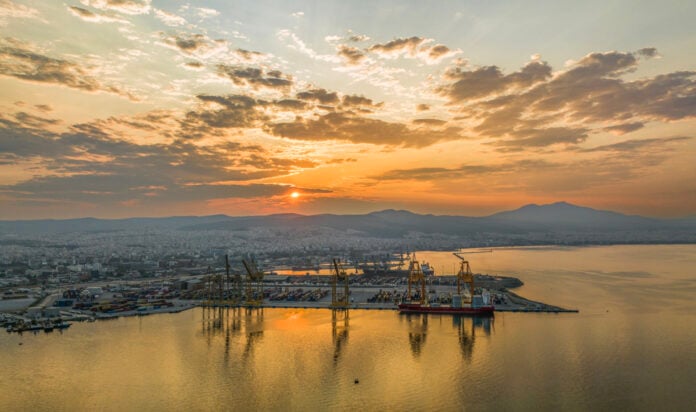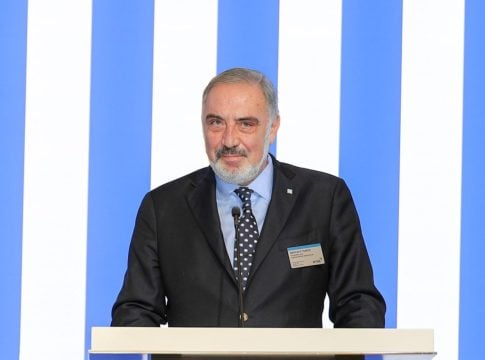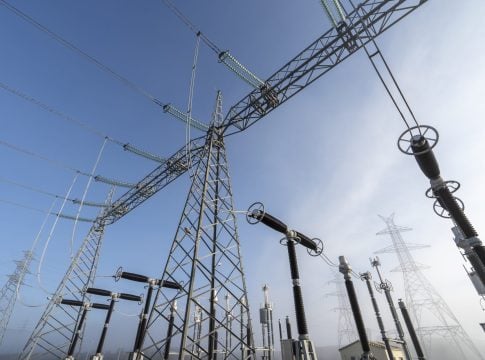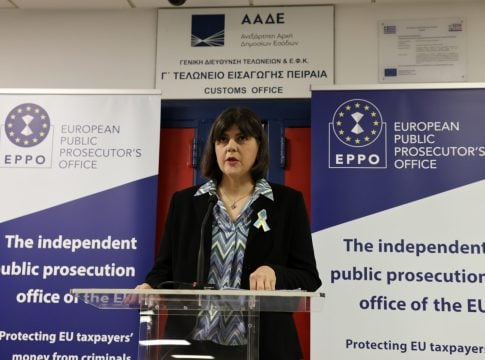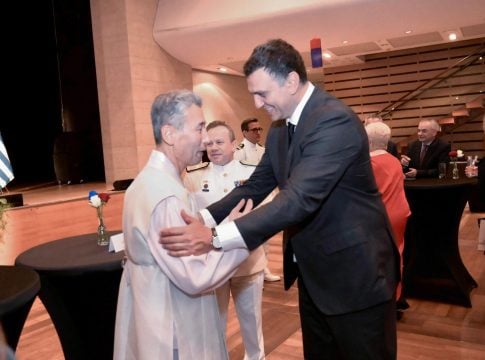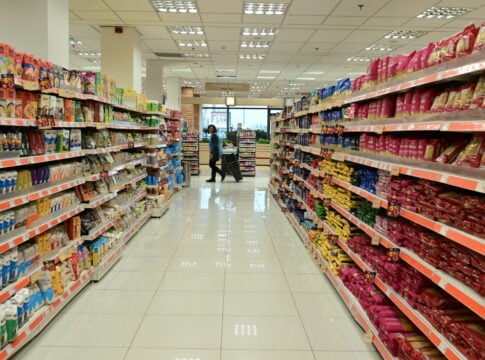A reduction of VAT on food and basic goods, lower energy costs, strengthening of investments by improving the Development Law, and extroversion programs for small and large businesses are the main demands that will be raised by the productive entities of Northern Greece in the upcoming meeting with the Prime Minister on Thursday.
Other issues to be raised in the meeting to be held in view of the Thessaloniki International Fair (TIF) are the acceleration of major projects that remain pending in the city such as the redevelopment of the TIF, the railway connection of the port and the creation of a Logistics Center at the former Gonou Camp.
Critical factor
The most important factor for supporting businesses is considered to be the reduction of energy costs and will be put on the table once again, especially since the government has stated that it wishes to change the country’s production model and strengthen industrial production and extroversion.
The president of the Greek Exporters’ Association (SEVE), Simos Diamantidis, will focus on the implementation of an extroversion program that will target large businesses, in order to enable them to expand into new markets, along with the need to accelerate the procedures for the creation of a Cargo Center at the former Gonou Camp in western Thessaloniki. Equally important for SEVE is the acceleration of the railway connection of the Thessaloniki Regional Authority, in view of the expansion of the 6th pier and the creation of a Logistics Center in Gonou.
Energy costs
Reducing energy costs through lower tariffs and providing storage permits to small units, along with reducing VAT on food and energy to 6% and a parallel reduction in the high VAT from 24% to 15%, are the two top priorities that the president of the Thessaloniki Chamber of of Small and Medium Industries, Marios Papadopoulos, will set at the meeting. “We see that in Europe, including Germany, from January 1, 2026, VAT on food will be reduced from 19% to 7%,” he pointed out adding that a different tax policy is generally necessary, one that will take into account the redistributive and developmental necessity and will not be limited simply to collecting taxes, “a tax policy in favor of the middle class, small and very small businesses.”
Export businesses
Among other things, a rationalization of all indirect taxes is demanded, an increase in the VAT exemption limit to 50,000 euros for small and very small businesses, in the context of the necessary alignment of our country with the relevant Community directive (2020/85) from the 10,000 euros currently in force.
A possible reduction in VAT will help citizens and the market
On its part, the Thessaloniki Chamber of Tradesmen emphasized that the reduction in VAT, at least on basic items, and in the excise tax on fuel are not benefits, are a necessary breath of fresh air for citizens and a lever of relief for the market.


